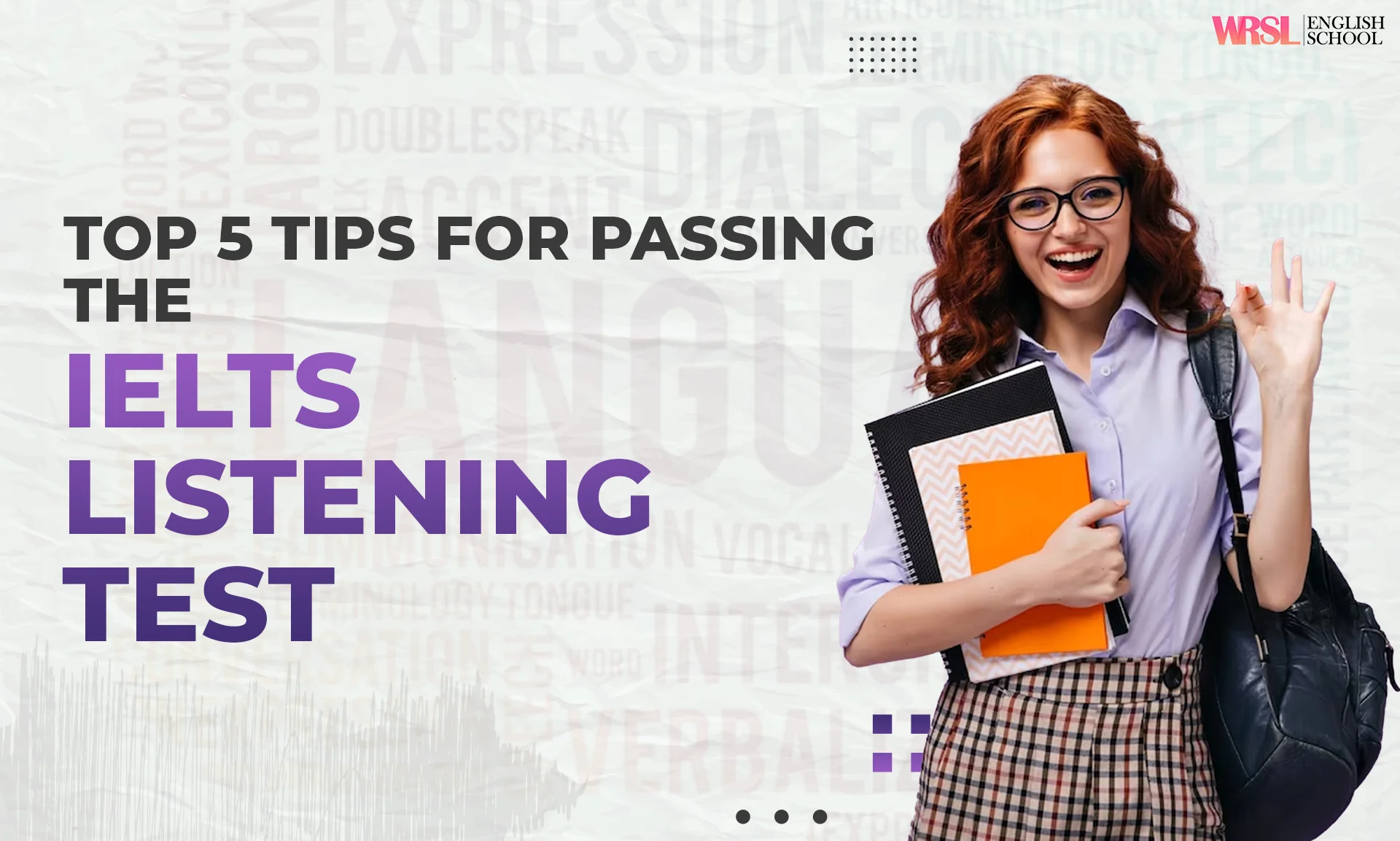Tags : ielts-study-material ielts-topics ielts-cue-card
Author: Pragya MishraThe IELTS (International English Language Testing System) speaking test assesses your ability to communicate fluently and accurately in English. The IELTS cue card is a crucial component of the speaking test, in which candidates are assigned a topic to speak about for two minutes. In this essay, we'll go through how to prepare for IELTS speaking cue card themes in 2023 to ace the test.
Understanding IELTS Cue Card Topics
Before we delve into how to prepare for IELTS cue card topics, it's important to understand what they are. The prompt will usually begin with phrases like "describe", "talk about", or "discuss". The topic may be related to a personal experience, a historical event, a social issue, or a cultural tradition.
Preparing for IELTS Cue Card Topics
Now that you understand what IELTS cue card topics are, let's discuss how to prepare for them. Here are some steps you can follow:
Read and listen to a variety of materials:
A great way to prepare for IELTS cue card topics is to expose yourself to various reading and listening materials. This could include news articles, podcasts, TV shows, or movies. This will improve your English comprehension skills and expose you to a wide range of topics that may come up in the exam.
Practice brainstorming:
Once you have an idea of the topics that may arise, practice brainstorming ideas for each. For example, if the topic is "Describe a person you admire", think of someone you look up to in your life and jot down some qualities that make them admirable. This will help you organise your thoughts and ensure you have enough content to speak for two minutes.
Practice speaking:
It's not enough to simply have ideas for your cue card response. You need to be able to articulate those ideas clearly and confidently in English. Practice speaking out loud, either alone or with a tutor or friend. This will help you get used to speaking for two minutes without stopping, and also help you become more comfortable with the structure of the cue card response.
Use specific examples and details
When you're delivering your cue card response, make sure to include specific examples and details to support your main points. This will make your response more interesting and engaging to the examiner, and also help you showcase your vocabulary and grammar skills.
Examples for IELTS speaking cue card topics 2023
Describe a memorable event in your life:
This topic asks you to talk about an event that is important or meaningful to you. You could choose to talk about a happy or sad event, as long as it is something that has left a lasting impression on you. Some possible examples could be a wedding, a graduation, a trip, or a personal achievement.
Talk about a person who has had a significant impact on your life:
This topic asks you to talk about someone who has influenced you in a positive or negative way. This could be a family member, a friend, a teacher, a celebrity, or anyone else who has had a significant impact on your life. You should explain why this person is important to you and how they have affected your life.
Describe a place you would like to visit in the future:
This topic asks you to talk about a place that you would like to visit. This could be a country, a city, a landmark, or any other location that interests you. You should explain why you would like to visit this place, what you would like to do there, and how you think it would be beneficial for you to go there.
Discuss the advantages and disadvantages of social media:
This topic asks you to talk about the positive and negative aspects of social media. You should explain how social media has impacted society and individuals, and what are the potential benefits and drawbacks of using social media. You could talk about the role of social media in communication, business, education, or any other area.
Talk about a book or movie that has inspired you:
This topic asks you to talk about a book or movie that has influenced you in a positive way. You should explain why this book or movie is important to you and how it has inspired you. You could discuss the themes, characters, or messages of the book or movie, and how they relate to your life.
Describe an important decision you had to make in your life:
This topic asks you to talk about a decision that was significant for you. You should explain why this decision was important, what factors you considered, and how you came to your decision. You could talk about the challenges you faced, the risks you took, or the outcomes of your decision.
Discuss the benefits of travelling to other countries:
This topic asks you to talk about the advantages of travelling to other countries. You should explain how travelling can broaden your horizons, expose you to new cultures, and enhance your personal and professional growth. You could talk about your own travel experiences, or the benefits of travelling in general.
Describe a time when you had to overcome a challenge:
This topic asks you to talk about a difficult situation that you faced and how you overcame it. You should explain what the challenge was, how you felt, and what strategies you used to overcome it. You could talk about the skills or qualities that you developed as a result of this experience.
Talk about the importance of education in your life:
This topic asks you to talk about the value of education for you personally or for society as a whole. You should explain why education is important, how it has impacted your life, and what you think are the benefits of education. You could talk about your own educational background, or the role of education in different countries.
Discuss a skill that you would like to learn in the future:
This topic asks you to talk about a skill that you are interested in learning. You should explain why you want to learn this skill, how you plan to learn it, and what you think are the benefits of acquiring this skill. You could talk about the challenges you may face, or the resources you.
Conclusion
These are just a few examples of the types of topics that you may encounter in the IELTS speaking test. It's important to remember that the topics can vary widely and may cover a range of different themes and subjects. By practicing with a variety of cue card topics, you can improve your ability to think on your feet and respond confidently to any topic that comes up during the test.
FAQ
The IELTS speaking cue card aims to assess the candidate's speech, vocabulary, fluency, and grammar. This evaluation aims to determine whether the candidate is sufficiently trained to structure their response and communicate continuously for two minutes. Here are some tips to crack this easily:
- :: Take at least 1 minute of preparation time.
- :: Try to speak smoothly as you can, not too fast or slow.
- :: Prepare the speech and organize what you have to say.
- :: Last but not least, practice as much as possible because practice makes things perfect.
There are majorly five topics covered in the IELTS speaking test, and they are:
- :: Describe your favorite movie.
- :: Describe your hobby.
- :: Describe your favorite travel destination.
- :: Describe your favorite sport.
- :: Describe your favorite meal.
Yes, there are some tips for effectively responding to IELTS speaking cue card topics, including:
- :: Organizing your thoughts before speaking.
- :: Speaking clearly and at a natural pace.
- :: Before speaking, take time to consider and collect your thoughts.
- :: Use a variety of vocabulary and sentence styles to support your thoughts.
- :: Provide detailed instances and details to back up your claims.
- :: Stay on topic and avoid deviating from it.
- :: Include specific examples or details to support your response.
Talk about a person who has had a significant impact on your life, describe a place you would like to visit and Talk about a book or movie that has inspired you. Talk about the importance of education in your life etc.







